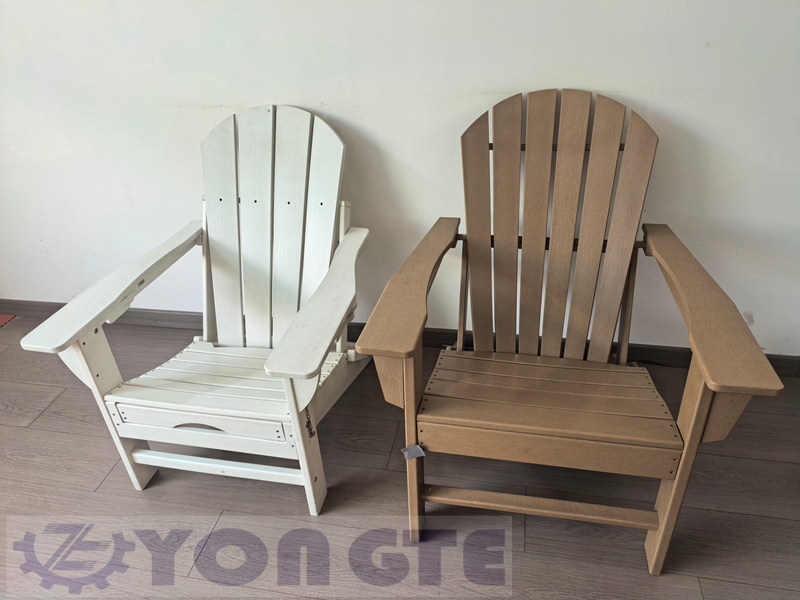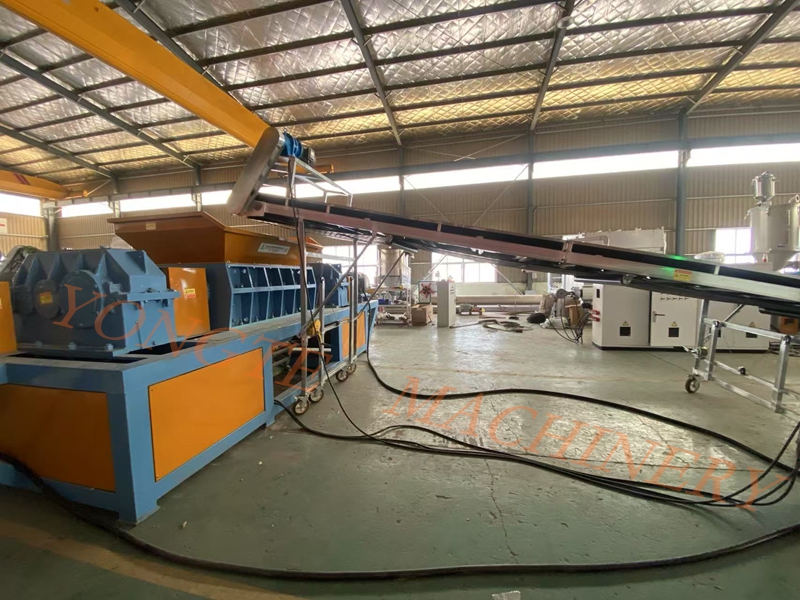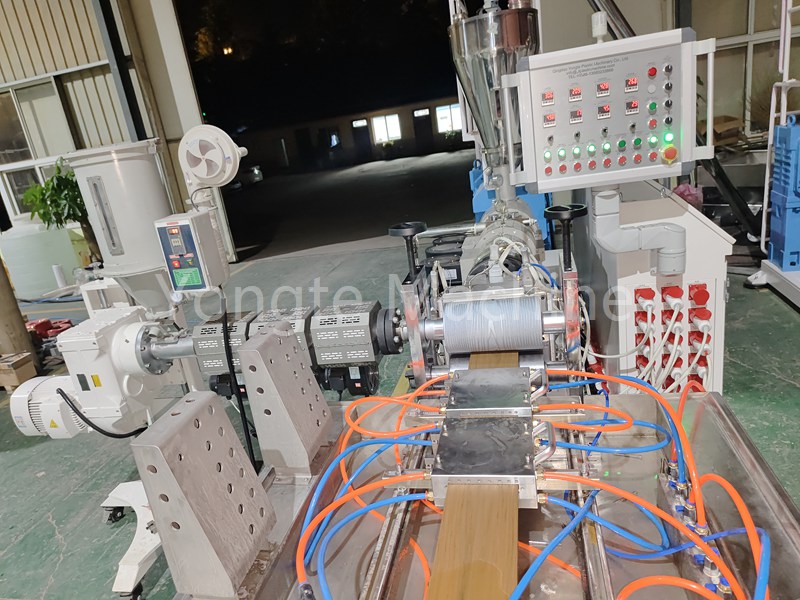Discarded Plastic Bottles Transformed into Popular Wood-Plastic Beach Chairs
Throwing away mineral water bottles may seem insignificant, but they're a hidden environmental killer. Just think about it: they sit in landfills, taking up hundreds of years to degrade, wasting precious land. If they flow into the ocean and are accidentally ingested by fish and shrimp, the entire marine ecosystem suffers.
However, these pesky plastic wastes have now been transformed into sought-after wood-plastic beach chairs in the European and American markets. This isn't just some fancy product; it's made from recycled mineral water bottles that are crushed, melted, extruded, and then mixed with natural wood fibers before being pressed into a sturdy board. This chair addresses the pain point of plastic's difficulty in degrading, achieving a high-value utilization of waste. Even more surprising is that it's not only environmentally friendly, but also instantly became a hit in the outdoor furniture market thanks to its stylish, minimalist design, comfortable seating, and weather-resistant durability (known in the industry as "weather resistance"). I heard sales have already surpassed the $10 million mark just six months after its launch, truly proving a green way to profit from "turning waste into treasure."

The creation of this chair is like giving plastic waste a makeover. Recycled bottles are first thoroughly cleaned to remove stains and labels; they are then pulverized into tiny pieces. Then, they're melted in a high-temperature furnace, transforming them into clean, recycled PET plastic pellets. The engineers' secret lies in adding a little extra—natural wood powder—to these recycled pellets. Through a specialized blending and extrusion process (a hallmark of the modified plastics industry), the toughness of plastic and the texture of wood are perfectly blended, resulting in a sturdy and beautiful chair frame.
"Let's do the environmental math," the product development manager told me. "For every chair we make, we use approximately 5 kilograms of recycled plastic. This is equivalent to 'recovering' an equivalent amount of plastic waste from the environment, significantly reducing the pollution burden." Those in the know are more concerned with the circular economy benefits behind this: using recycled materials instead of virgin materials significantly reduces costs.

Market feedback is the most compelling proof. Compared to solid wood beach chairs, which often cost hundreds of dollars each, this wood-plastic chair is quite affordable, costing only $30 to $50. For operators, this is a real bargain. Owners of Florida beach rental shops have found that, despite the dual challenges of sun exposure and sea salt erosion, it lasts more than three times longer than ordinary plastic chairs and is less prone to cracking and fading. What does this mean? It significantly reduces replacement frequency, naturally saving a significant amount of operating costs. Outdoor gear distributors in Hamburg, Germany, have also confirmed that after just three months on the shelves, sales of this chair have surpassed those of traditional models, resulting in considerable profits.

Simply put, the success of this wood-plastic beach chair is the transformation of the circular economy from a concept into a tangible reality. It transforms once-annoying plastic waste into valuable products. Environmental pressure is alleviated, businesses profit, and consumers receive affordable, durable products—a truly worthwhile deal.
Nowadays, beach chairs made from mineral water bottles are increasingly common at seaside resorts and in backyards across Europe and the United States. More than just a piece of furniture for leisure, they are a vivid example of the successful integration of environmental protection and market profitability. We believe that as this "waste-to-treasure" model matures and expands, more products with both environmental and economic value will emerge, contributing to a cleaner environment and a more stable and sustainable path for development.